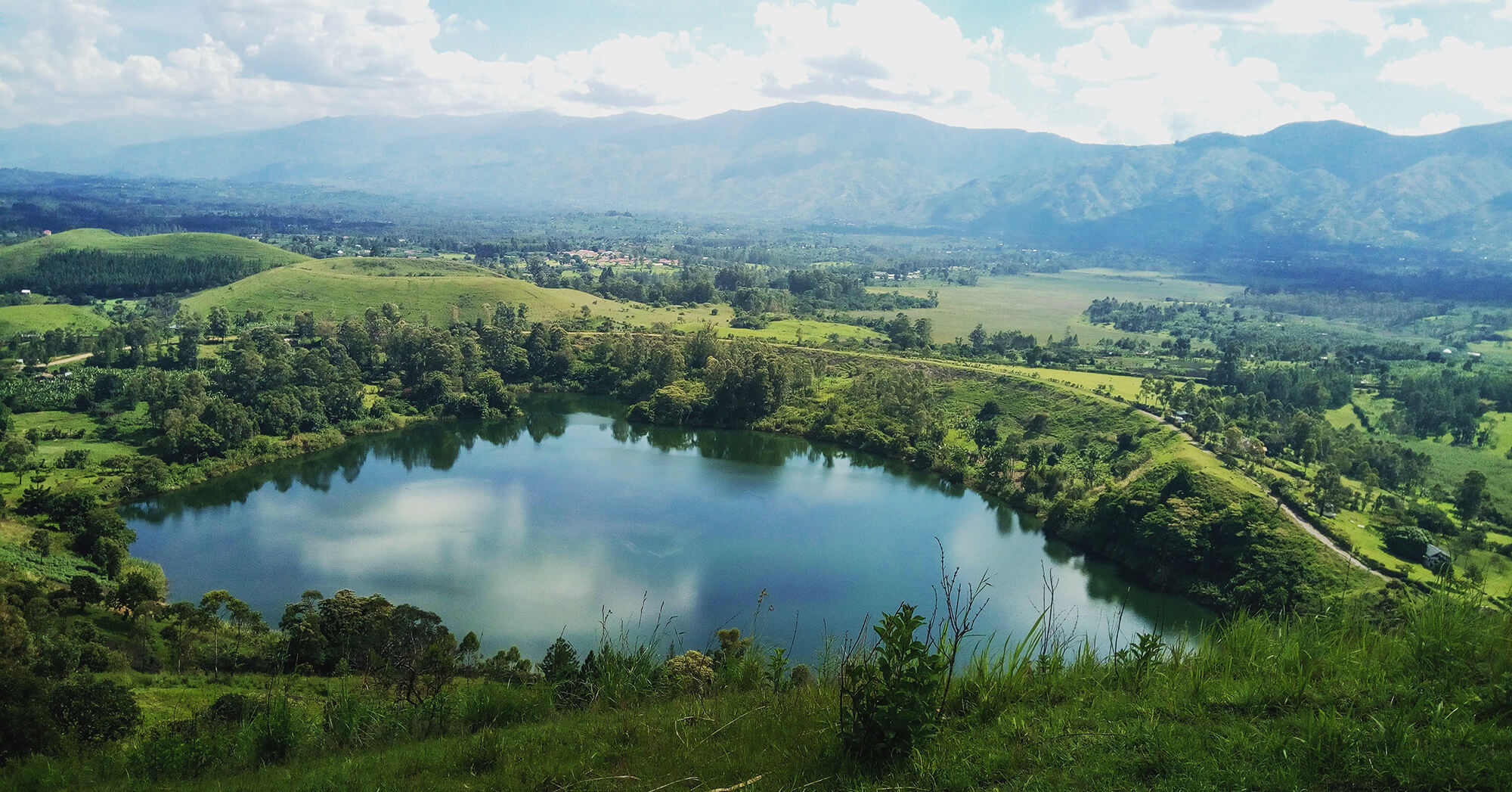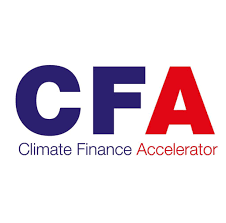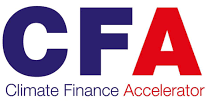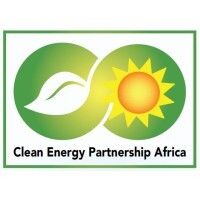
The Climate Finance Accelerator (CFA) Programme
The Climate Finance Accelerator (CFA) is a global technical assistance programme funded by the UK government to directly support climate projects to access finance. The CFA operates in ten countries (Colombia, Egypt, Mexico, Nigeria, Peru, Pakistan, South Africa, Türkiye, Uganda, and Viet Nam) with the aim of encouraging the flows of finance required to deliver on countries’ ambition to limit global warming to 1.5°C.
CFA Uganda Phase 1 was implemented from October 2023 to March 2024 with eight projects selected from a wide range of sectors. The selected projects received support and training from technical, financial and gender equality and social inclusion experts. An event in Kampala in March 2024 connected project developers, financiers and investors, government representatives, and other stakeholders.
CFA Uganda Phase 2 will run from June 2024 to February 2025. 6-8 low-carbon projects will be selected from sectors including energy, water, smart agriculture, clean transport, waste management, forestry, and circular economy. Project developers will receive capacity building training and will be connected with potential investors.
The CFA programme will hold an event with City of London financiers in London in December 2024.
The Climate Finance Accelerator (CFA) Programme in Uganda
The second phase of the CFA in Uganda will:
- Source a cohort of 6-8 climate projects or businesses that are seeking investment
- Deliver tailored capacity building to the projects with a focus on enhancing their ability to access investment
- Convene events to bring the projects together with investors, and other relevant stakeholders in a series of project-investor workshops.
The objective of the second phase of the CFA in Uganda is to:
- Strengthen Uganda’s pipeline of bankable projects.
- Increase the flow of financing from Uganda, regional and London-based investors to green businesses, particularly SMEs, agri, and women-owned businesses.
- Strengthen enabling environment for green investment
Benefits of the Programme
Capacity building
Project developers will gain valuable insights and develop capabilities to make projects attractive and ready for investors. This includes benchmarking projects against what a bankable / successful project looks like, gaining confidence in speaking to financiers, and learning how to structure project financing. Exchanges of best practices with other CFA countries will also be enabled.
Access to sources of finance
The CFA provides project developers greater opportunities to access finance by working directly with potential investors to understand their needs and develop their projects accordingly. Through the CFA’s reach, project developers have the opportunity to reach commercial and concessional investors, operating both nationally and internationally.
Building networks & raising profile
Project developers will have the opportunity to raise their profile and expand their network with stakeholders across the climate finance landscape, including local and international financiers, policy makers, researchers and other private sector organisations, in addition to a cohort of projects facing similar challenges. The network will provide project developers with long-lasting benefits to current and future low carbon opportunities.
Achieving ESG project objectives
The CFA supports projects to realise and communicate their positive impacts. The CFA has access to climate, sectoral and social impact specialists and can assist projects to support local and national climate ambitions, as well as helping to unlock co-benefits such as poverty reduction, improved gender equality and social inclusion, and tackling biodiversity loss.
Application Details
The type of projects the CFA can support
The CFA supports low carbon projects that are seeking finance. Candidate projects should:
- Be designed to achieve measurable climate mitigation outcomes in terms of direct or facilitated greenhouse gas emission reductions.
- Have a minimum total financing need of US$ 500,000.
- Be (at least) at the technical pre-feasibility stage of development.
- Have a business model that will generate commercially attractive returns in the long-term (although some element of concessional financing may be required initially).
- We strongly encourage projects that can demonstrate positive social impacts and how they contribute to furthering gender equality and social inclusion.
For more details on how the programme can support your project, please register at the link below to join our online info session scheduled for July 24, 2024.
How to apply
- The CFA is accepting applications from climate projects seeking support in accessing finance until August 9, 2024.
- Please complete the detailed application at the link below.
Submission language: English

Key Dates
*These dates may change
CFA Uganda’s first project cohort
Events & Media
Phase 1 In-country Event
The first-ever CFA Uganda In-country event was held on the 4th of March 2024 at the British High Commissioner’s residence in Kampala, Uganda. The event attracted over 60 participants including project representatives, investors/financiers, ecosystem players and teams from PWC UK, the British High Commission and Bethel Advisors.







Frequently Asked Questions
Does the CFA provide funding for projects?
Can the same project developer submit the application for several projects?
Will projects developed outside Uganda be considered?
Can projects related to specific cogeneration issues be considered?
Once a proposal has been submitted, can changes be made?
Should projects with total financing less than US$ 500,000 apply?
What financial instruments will be used for each of the projects?
Can we submit a proposal at any time during the call for proposals stage?
Can we submit a proposal via email at any point during the call for proposals phase?
How CFA Uganda can work with Investors
As we enter a key decade for climate action, both Ugandan and international financial institutions are critical in supporting the development and implementation of low carbon projects to achieve national climate commitments.
The flows of climate finance depend on various elements including, crucially, a stock of strong projects being financed by willing investors, with these transactions being supported by a conducive enabling environment. Finance providers often lack familiarity with low-carbon opportunities in these markets, hence have a lower risk appetite or willingness to invest.
The Climate Finance Accelerator (CFA) has been established to support project developers and financiers work together to fund low carbon opportunities.

By engaging with the CFA programme, financiers can benefit from:
Visibility of low carbon project pipeline
The CFA aims at providing local and international financial institutions in Uganda early visibility of, and closer engagement with, a credible pipeline of profitable low carbon projects. The projects supported by the CFA will be socially and environmentally sustainable, contributing to sustainable and inclusive development.
Best practice and capacity building
Local and international financial institutions in Uganda that engage with the CFA will benefit from the opportunity to better understand alternative financial mechanisms, such as innovative approaches to blended and green finance, as well as a deeper understanding of where projects are across the ‘climate finance supply chain’ - from project origination, to development, financing and refinancing.
Increased stakeholder networks
The CFA will enable local financial institutions to raise their profile and expand their networks. Deeper contacts will be fostered with other financiers, project developers, government representatives at national and local level, national and international development banks & agencies. The network will provide project developers with long-lasting benefits to current and future low carbon opportunities.
Sharing knowledge and skills
Local and international financial institutions in Uganda can share their knowledge and skills with project developers, to support them in building projects that are more investment-ready. This in turn will help financiers to see the level of readiness of projects.












